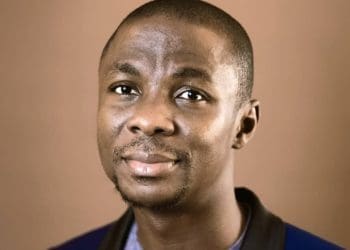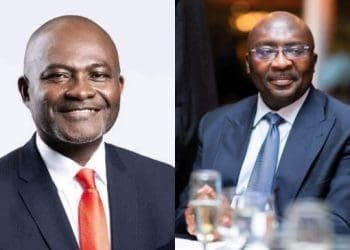The nomination of Mr. Kojo Choi as Ghana’s Ambassador to the Republic of Korea has engendered significant public discourse concerning the legitimacy of his citizenship status under Ghanaian law.
This debate centres primarily on two foundational principles of nationality jurisprudence: jus soli (citizenship by place of birth) and jus sanguinis (citizenship by descent).
The prevailing argument among segments of the Ghanaian populace posits that Mr. Choi does not qualify as a Ghanaian by either criterion—he was not born on Ghanaian soil (jus soli) and does not trace his ancestry to Ghanaian lineage (jus sanguinis). These contentions prompt a pertinent legal and normative inquiry: Upon what constitutional and statutory grounds does Mr. Choi derive his Ghanaian citizenship and the attendant civic and political rights?
To interrogate this issue thoroughly, it is imperative to contextualise Mr. Choi’s citizenship within the framework of Ghana’s 1992 Fourth Republican Constitution.
Chapter Three of the Constitution delineates the modalities of acquiring Ghanaian citizenship through birth, descent, registration, and naturalisation.
Furthermore, the Constitution permits the renunciation and revocation of citizenship and guarantees full civic and political rights to all recognised citizens, irrespective of the mode of acquisition. Complementing the Constitution is the Citizenship Act, 2000 (Act 591), which operationalises and elaborates the constitutional provisions governing nationality.
Central to the controversy surrounding Ambassador-designate Choi is the normative question of dual allegiance and national loyalty: Does Mr. Choi’s naturalization as a Ghanaian citizen—accompanied by a formal renunciation of his Korean nationality—constitute a sufficient basis for absolute fidelity to Ghana’s national interests, particularly in scenarios where such interests may be in tension or conflict with those of his country of birth? Can his oath of allegiance to the Republic of Ghana be presumed inviolable and unreserved?
Legally, Mr. Choi satisfies all constitutional and statutory prerequisites for Ghanaian citizenship and thus eligibility for diplomatic appointment. His prior service as Ghana’s Deputy Head of Mission during the 2018 Winter Olympics in PyeongChang, Republic of Korea, alongside over three decades of socio-economic contributions within Ghana, substantiates his de facto integration and national commitment.
Moreover, Mr. Choi has invoked the ideological ethos of Pan-Africanism in asserting his Ghanaian identity, citing Kwame Nkrumah’s iconic declaration: “I am not African because I was born in Africa, but because Africa was born in me.”
He reinforces this by affirming, “Ghana may not be my birthplace, but it is my true home… I am proud to be called Ghanaian.”
Ghana has historically positioned itself as a bastion of Pan-African inclusivity and cosmopolitan citizenship.
In an era characterised by accelerating globalisation, transnational identities, and the erosion of ethnonational exclusivity, the Mahama administration’s nomination of Ambassador-designate Choi underscores a progressive commitment to meritocratic and inclusive governance.
Congratulations, Ambassador Choi. The burden of proof now lies in your diplomatic service.
Long live the Republic of Ghana.
Long live Ghana-Korea relations.
Thank you for reading
Ohene Opoku Agyemang, PhD
Contact +8613025167627
Email: oopoku56@gmail.com














